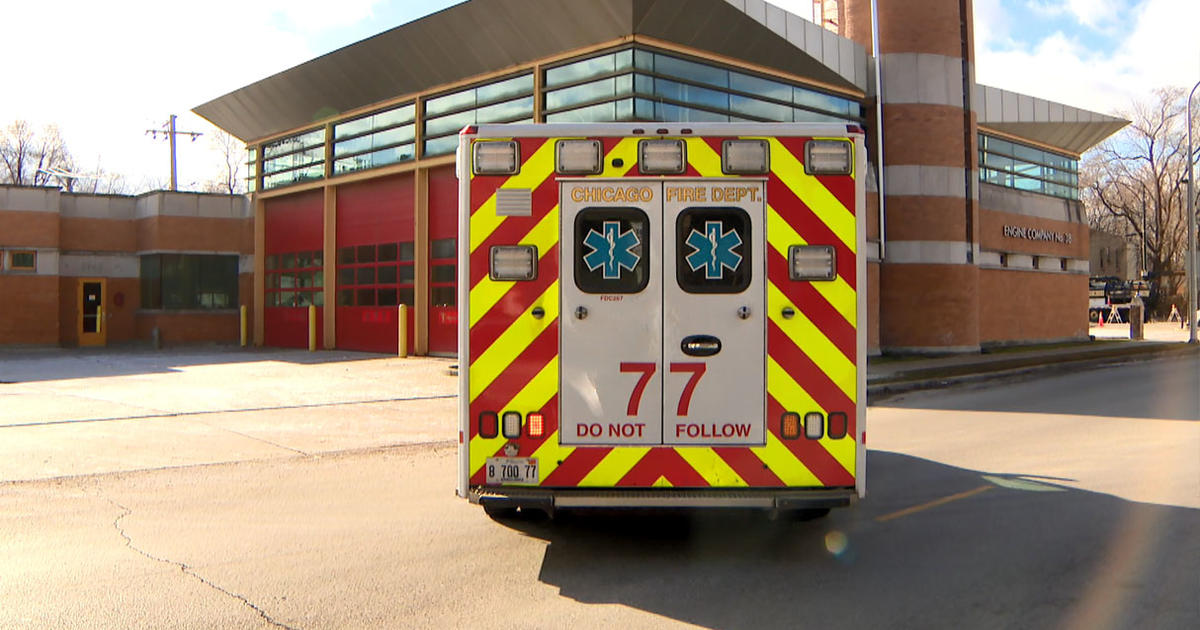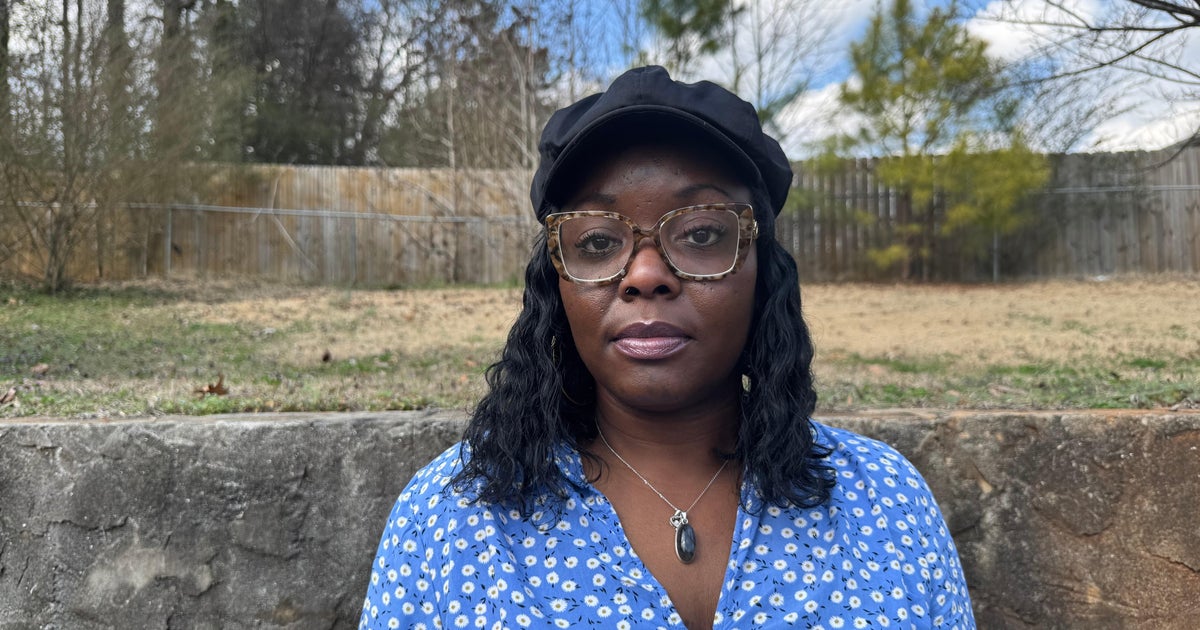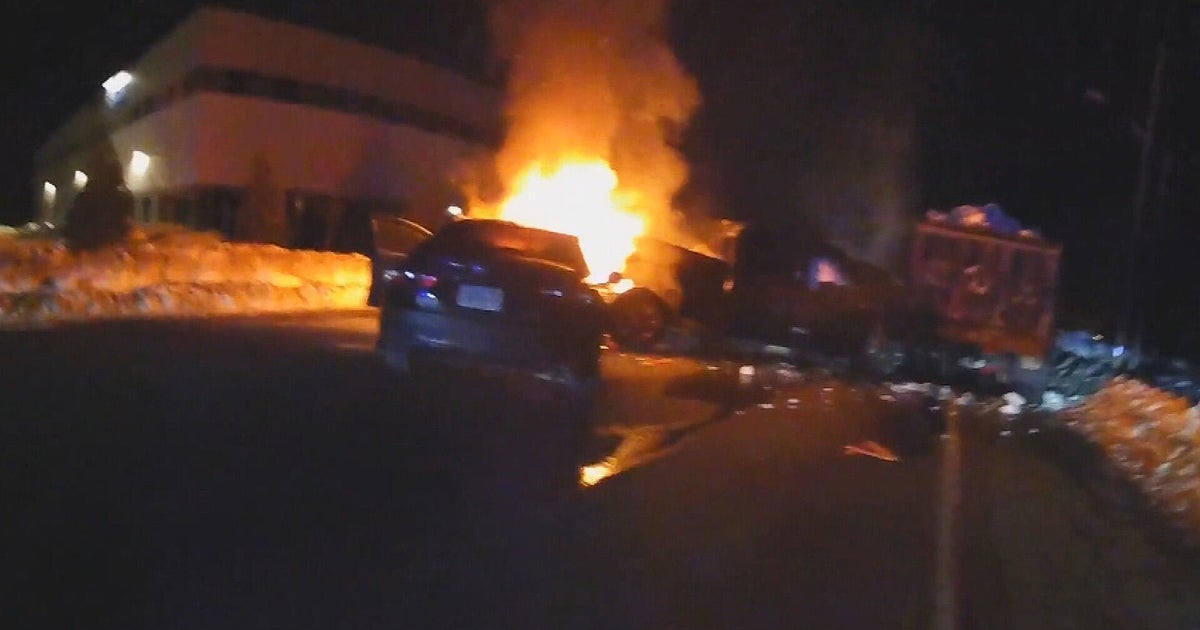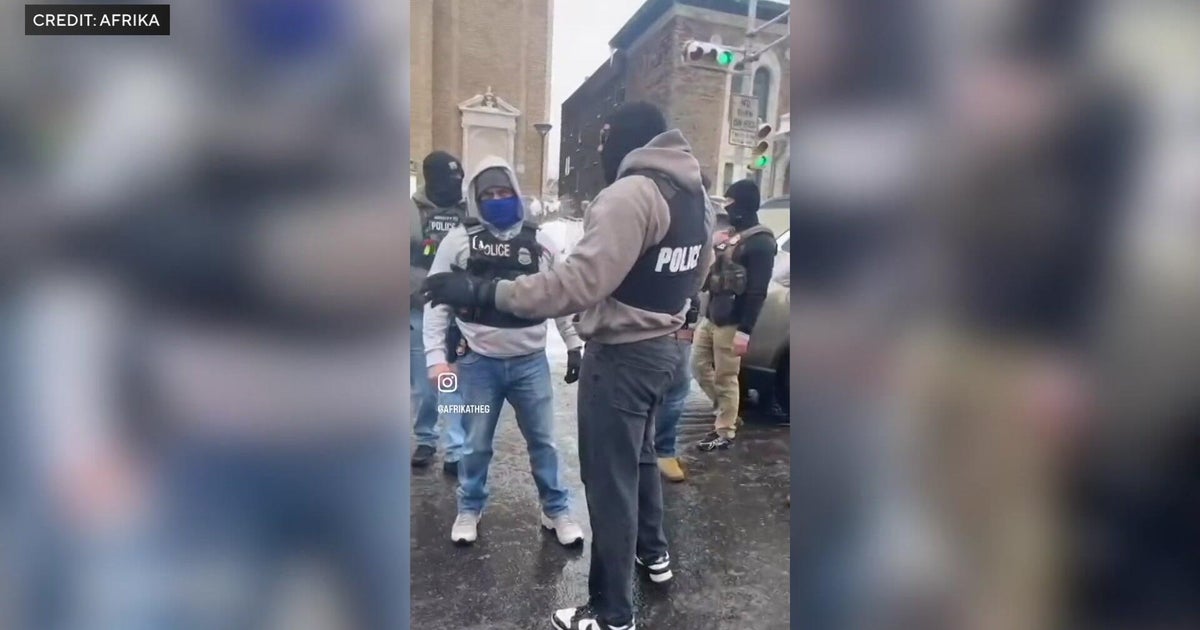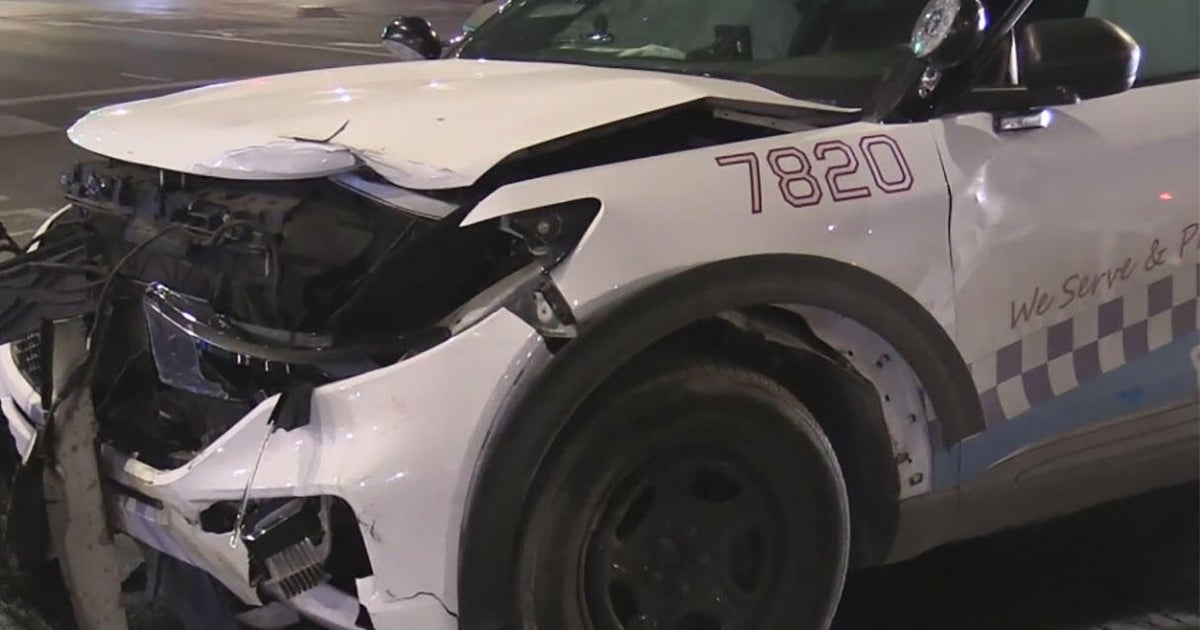Texas bill would outlaw 'swoop and settle' insurance tactic after car crashes
AUSTIN (CBSNewsTexas.com) – Just hours after 18-year-old Rayza Dominguez was involved in a rear-end car crash in Frisco, Texas, the phone rang.
It was the other driver's insurance company.
The insurance company told Dominguez it wanted to get money into her hands quickly so she could repair her car.
Over the phone, Dominguez was offered $1,000.
She said, "yes."
"[The insurance representative] said if you don't take this now, I can't guarantee you that we'll offer you this much in the future," Dominguez said. "For me that was a lot of money at that time so I said 'okay, I'll just take it.'"
A few days later, Dominguez found out it would cost nearly $2,400 to repair her car and that she needed to see a chiropractor as a result of the accident.
But by saying "yes" over the phone to the insurance company, Dominguez had already legally settled her claim. There was nothing she could do to get more money from the insurance company.
"Unfortunately, not all carriers document settlements in writing and they utilize a practice known as 'swoop and settle' with an oral release," said State Representative Julie Johnson (D – Farmers Branch), who authored a bill that would outlaw oral automobile insurance releases.
Last week, consumer advocates lobbied the Texas House Committee on Insurance in support of Johnson's House Bill 150.
"This bill is very simple," said Ware Wendell, the Executive Director of Texas Watch. "It just says to put the release in writing so everyone knowns where they stand,"
However, insurance companies said the proposed law is not needed or wanted.
"We don't think the Texas Legislature should outlaw a reasonable and honorable business practice," Beamon Floyd with Texas Coalition for Affordable Insurance told lawmakers. "We see a very small record, if any, of dissatisfaction with the process."
Floyd said claimants and policyholders like the ease and speed of settling simple claims with a phone call. Outlawing oral releases, he said, will slow down drivers getting their money.
House Bill 150 was left pending in committee.


